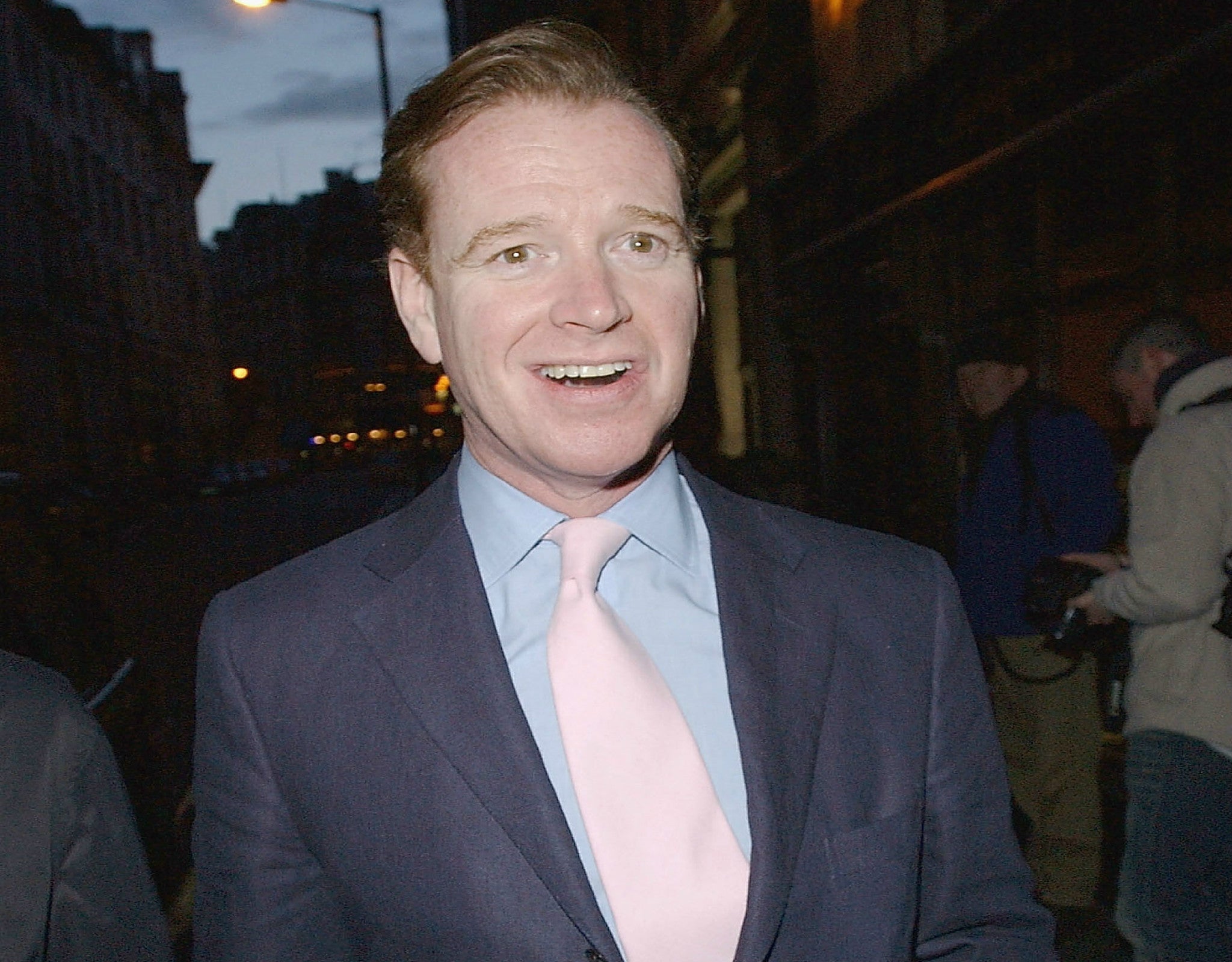Prince Harry claims James Hewitt rumours ‘were plan to oust him from royal family’
Prince Harry described the stories about the rumours as ‘hurtful, mean and cruel’ - and questioned the ‘motive behind them’
Your support helps us to tell the story
From reproductive rights to climate change to Big Tech, The Independent is on the ground when the story is developing. Whether it's investigating the financials of Elon Musk's pro-Trump PAC or producing our latest documentary, 'The A Word', which shines a light on the American women fighting for reproductive rights, we know how important it is to parse out the facts from the messaging.
At such a critical moment in US history, we need reporters on the ground. Your donation allows us to keep sending journalists to speak to both sides of the story.
The Independent is trusted by Americans across the entire political spectrum. And unlike many other quality news outlets, we choose not to lock Americans out of our reporting and analysis with paywalls. We believe quality journalism should be available to everyone, paid for by those who can afford it.
Your support makes all the difference.Prince Harry has claimed that tabloid rumours his biological father was James Hewitt were an attempt at ousting him from the Royal Family, a court heard.
The Duke of Sussex appeared in the High Court on Tuesday to continue his phone hacking trial against Mirror Group Newspapers (MGN), who he is suing for damages.
In his witness statement, Harry referred to an article in The People from 2002 with the headline “Plot to rob the DNA of Harry” which reported a bid to steal a sample of the duke’s DNA to check his parentage.
Major Hewitt had an affair with the Princess of Wales, Diana, during her marriage to Prince Charles, that caused a press frenzy and fevered tabloid speculation about who Harry’s real father was.
Harry described the stories about the rumours as “cruel”, saying he was 18 at the time of the article and had lost his mother just a few years earlier.
“They were hurtful, mean and cruel. I was always left questioning the motives behind the stories,” he said.

“Were the newspapers keen to put doubt into the minds of the public so I might be ousted from the royal family?”
Harry added that his mother had not met Major Hewitt until after he was born and that he learnt of this timeline in 2014, but that this was common knowledge amongst the defendant’s journalists.
“Numerous newspapers had reported a rumour that my biological father was James Hewitt, a man my mother had a relationship with after I was born,” the duke said in his witness statement.
“At the time of this article and others similar to it, I wasn’t actually aware that my mother hadn’t met Major Hewitt until after I was born.”

He added: “At the time, when I was 18 years old and had lost my mother just six years earlier, stories such as this felt very damaging and very real to me.”
The duke said he was particularly concerned over comments in the article which referred to a “highly placed royal source” who provided details of the alleged plot and details of how his DNA would be “sold abroad”.
He said he did not believe the information came from anyone within the Palace but that it showed that Mirror Group Newspapers (MGN) were using unlawful means of gathering information about him for the article.
The duke is suing MGN for damages, claiming journalists at its titles, which also include the Sunday Mirror and Sunday People, were linked to methods including phone hacking, so-called “blagging” or gaining information by deception, and use of private investigators for unlawful activities.
He alleges that about 140 articles published between 1996 and 2010 contained information gathered using unlawful methods, and 33 of these have been selected to be considered at the trial.
MGN is contesting the claims and has either denied or not admitted each of them. The publisher also argues that some of the claimants have brought their legal action too late.
Additional reporting by PA



